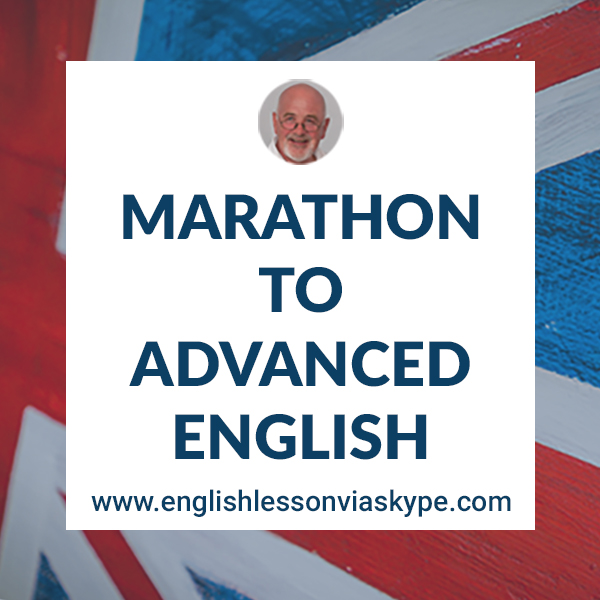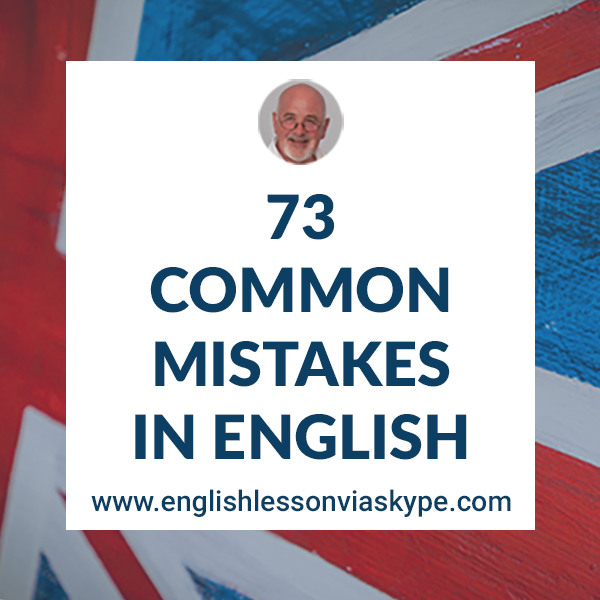Used to vs Past Simple. Many of my students often have difficulties understanding when to use ‘used to’ construction.
In English, we use both Used To and Past Simple when we’re talking about events that happened in the past.
Used to vs past simple
Harry
However, it is easy to confuse Used To with Past Simple. Which one should you use?
Let’s take a closer look and go in details through English Grammar rules so that you can better understand the difference between Used To vs Past Simple.
Forms of Used to
1️⃣ Affirmative (Statement)
I used to live here.
My brother used to be a teacher.
We used to have a dog.
improve english on a budget
Online English Courses from €7.99
2️⃣ Negative
I did not (didn’t) use to live here.
My brother did not (didn’t) use to be a teacher.
We did not (didn’t) use to have a dog.
3️⃣ Interrogative (Question)
Did you use to live here? (answer – Yes, I did.)
Did your brother use to be a teacher?
Did they use to have a dog? (Answer – No, they didn’t.)
Important rule about Used to
❌ I use to live here. – this is wrong
✅ I live here. – this is correct
I am used to spending time with my grandparents at the weekends.
(=I often spend time with my grandparents; it isn’t unusual, I still do it.)
I used to spend time with my grandparents at the weekends.
(=I spent time with my grandparents in the past; it doesn’t happen anymore.)
Used to vs Past Simple - Summary Grammar Rules
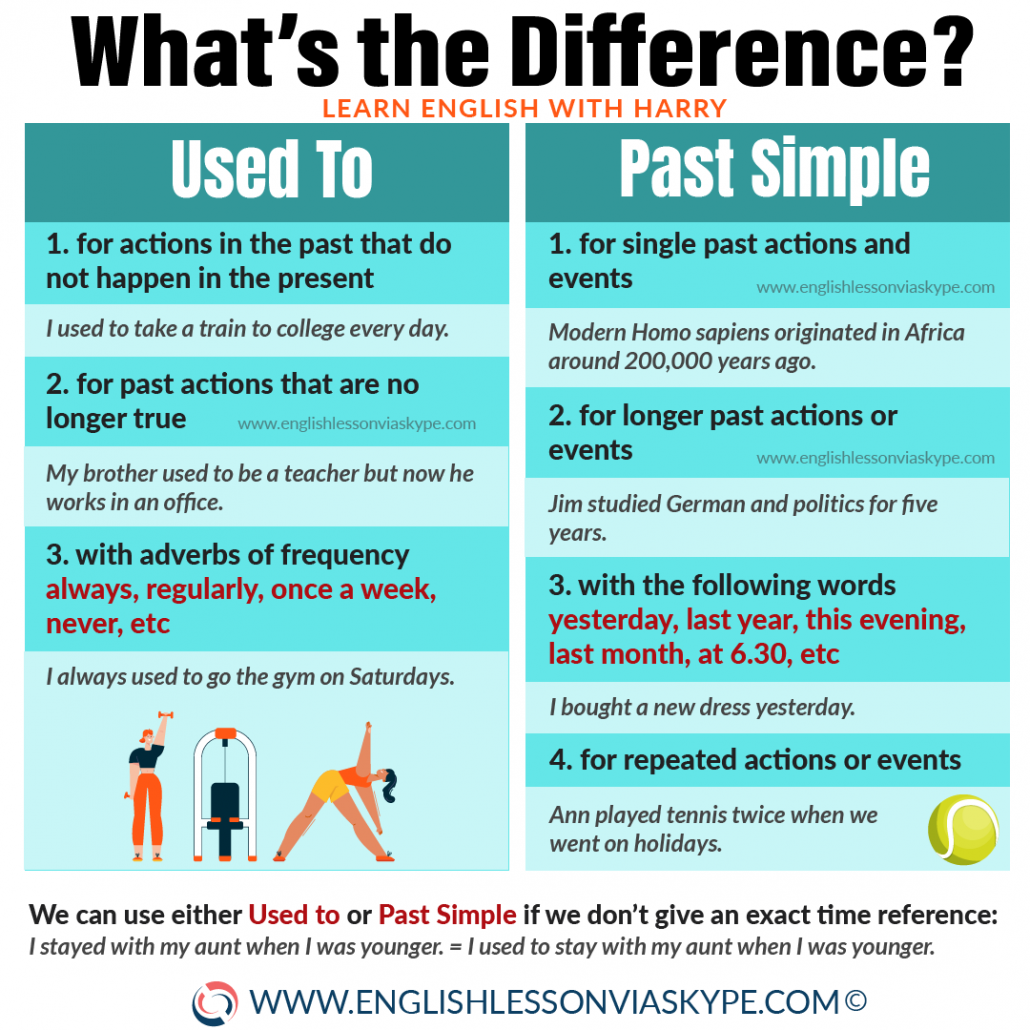

Share and help other students improve English skills
When to use Used to in English
1. for actions in the past that do not happen in the present
We use used to + infinitive to talk about actions in the past that no longer happen in the present
I used to take the train to college every day.
(But now I take the bus to work every day.)
In the past people used to send letters by post.
(But now they send emails.)
I used to have long hair when I was young. (But now I have short hair.)
2. for past situations that are no longer true
We use used to + infinitive to talk about situations in the past that are no longer true.
My brother used to be a teacher. (But now he is not a teacher anymore, he is a writer.)
Russia used to have a Tsar.
When we use used to, we often use adverbs of frequency:
ALWAYS, REGULARLY, ONCE A WEEK, NEVER, ONCE A YEAR, etc
I always used to go to the gym on Saturdays.
She used to cycle to work once a week.
We often used to stay up late when we were in college.
I explain the difference between Used To vs Past Simple in detail with plenty of examples in my 6-hour English Grammar Rules Refresher Course. You will also learn the difference between get used to and be used to. Enrol today to start using the English grammar without thinking.
When to use The Past Simple in English
1. for single past actions and events
We use the Past Simple to talk about single past actions and events
I bought a new dress yesterday. (NOT I used to buy a new dress yesterday.)
When we use the Past Simple Tense we often use the following trigger words:
YESTERDAY, LAST YEAR, THIS EVENING, LAST MONTH
2. for longer past actions or events
We use the Past Simple to talk about longer past actions or events
Jim studied archaeology for two years. (NOT Jim used to study archaeology for two years.)
3. for repeated past actions or events
We use the Past Simple to talk about repeated past actions and events
Ann played tennis twice when we went on holidays.
When to use either Used to or Past Simple
We can use either Used to or Past Simple if we don’t give an exact time reference:
I stayed/used to stay with my aunt when I was younger.
The building across the road was/used to be a police station.
improve english on a budget
Online English Courses from €7.99
More Information
For more information in English Expressions, English Phrasal Verbs and English Grammar Rules, check out the following links:
English Verbs for Expressing Sounds
You will love these English lessons
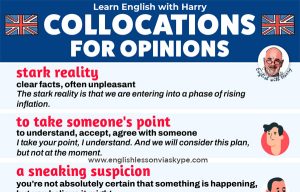

English Collocations For Opinions
Learn English collocations for opinions. Advanced expressions for FCE, CAE, IELTS, CPE.
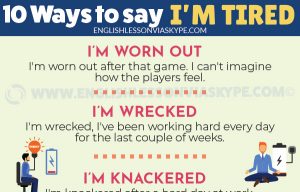

10 Ways to Say I’m Tired in English
Why do you need to know different ways to say I’m tired in English? For example, if you’re planning to
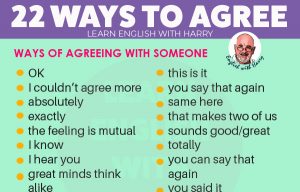

How to Agree and Disagree in English
Learn how to agree and disagree in English with these simple examples. There are several ways you can agree and
